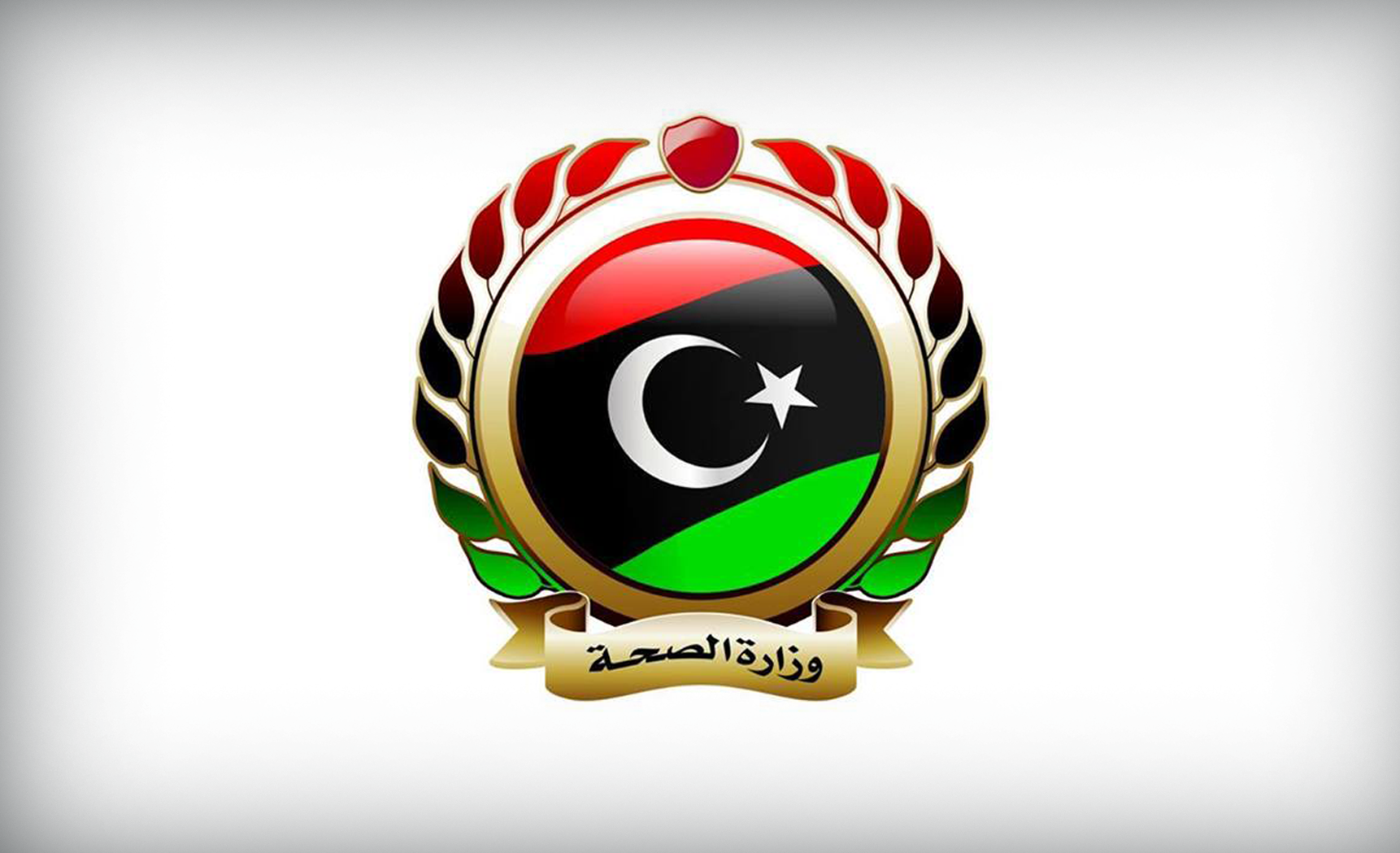UNSMIL stated that the humanitarian situation has deteriorated to levels never previously witnessed in Libya.
Between 1 April 2019 and 31 March 2020, UNSMIL documented at least 685 civilian casualties (356 deaths and 329 injured). Around 149,000 people in and around Tripoli have been forced to flee their homes since the beginning of the offensive and nearly 345,000 civilians remain in frontline areas with an additional 749,000 people estimated to live in areas affected by the clashes. It is estimated that around 893,000 people are in need of humanitarian assistance.
The war has also had an appalling impact in terms of damage to and destruction of homes, hospitals, schools and detention facilities. Human rights violations have exponentially increased with attacks against human rights defenders and journalists, doctors, lawyers and judges, migrants and refugees, and deteriorating conditions of detention. Over the past year, UNSMIL has received increasing reports of hundreds of cases of arbitrary detention, enforced disappearance, torture, extrajudicial executions by armed groups in towns and cities across Libya, conducted with total impunity.
The one-year long war had also taken a heavy toll on an already struggling economy. While rich in natural resources, Libya is now heavily indebted with over LYD 100 billion in domestically held debt, another $1 billion in credit lines for domestic fuel imports and LYD 169 billion in outstanding contractual obligations. The oil blockade imposed on 17 January has already resulted in financial losses exceeding $4 billion. The conflict has exacerbated institutional divisions and diverted spending to the war effort which itself is destroying rather than building much-need critical infrastructure. The existence of two separate central banks has prevented any rational monetary or fiscal policy reform and has instead contributed to a domestic banking crisis, which if left unaddressed, will result in potentially catastrophic financial loss.
The influx of foreign fighters and advanced weapons systems into the country continues unabated, and their use on the battlefield has directly led to an intensification of the conflict. Despite commitments made by all of the participants at the Berlin Conference, some of these countries have nevertheless continued to brazenly resupply one or the other side of the conflict, in a flagrant disregard of the arms embargo.
The COVID-19 pandemic, which is spreading in Libya, as it is around the world, recognizes neither national boundaries nor frontlines and clearly represents the greatest near-term threat to the welfare and well-being of the Libyan people. The Libyan parties to the conflict and their foreign sponsors should heed the calls made by United Nations Secretary-General Guterres, as well as many concerned Libyans themselves, to halt this war immediately.
UNSMIL and the UN family in Libya have spared no effort to address the devastating consequences the war has already inflicted. Our humanitarian agencies are now working around the clock with the relevant Libyan authorities across the country to confront the COVID-19 pandemic.
UNSMIL appealed to all concerned to activate the humanitarian truce immediately and cease all military operations to allow Libyan authorities to respond to the threat of COVID-19.
It also called on the parties to this conflict, and their foreign backers, to accept the ceasefire agreement proposed in Geneva, embrace the outcomes of the Berlin conference, implement UN Security Council Resolution 2510, and engage without delay in the three UN-facilitated Libyan-led tracks (military, political, and economic) called for therein.







